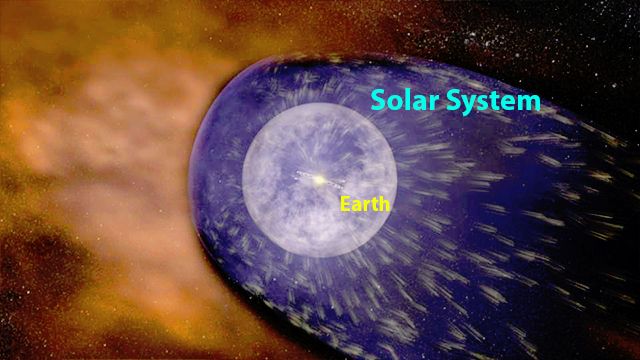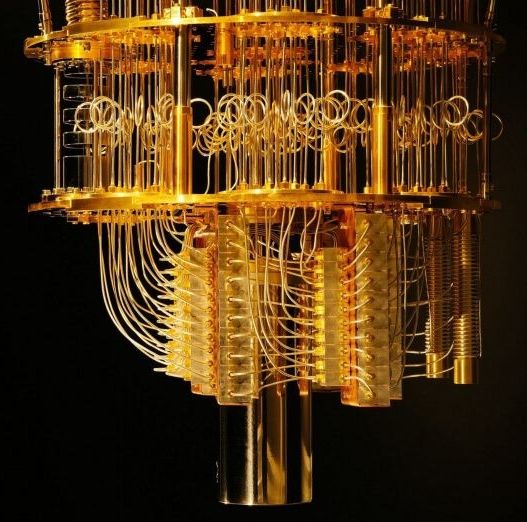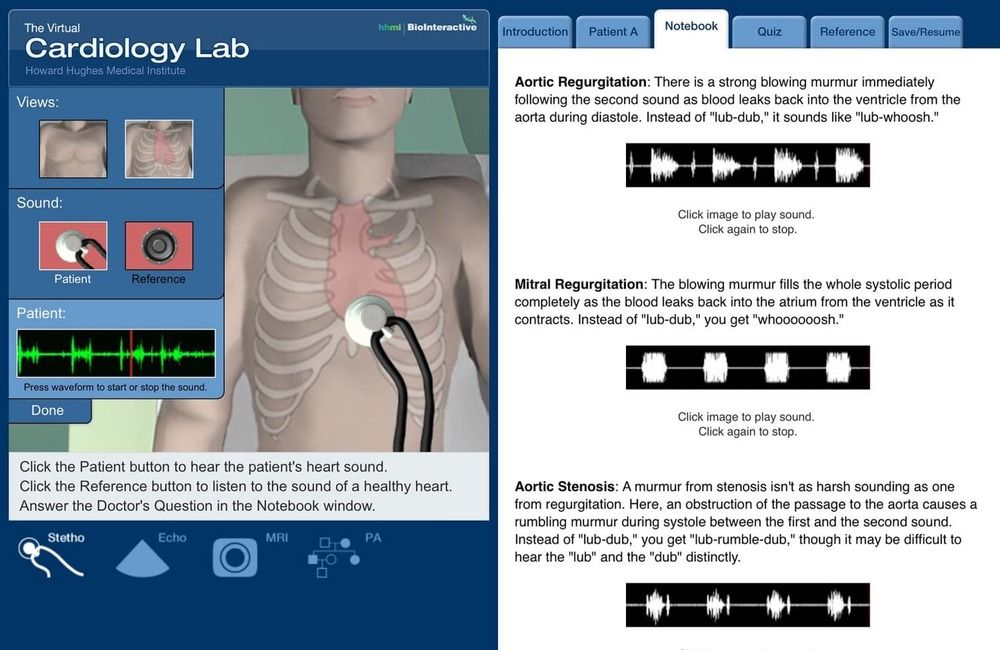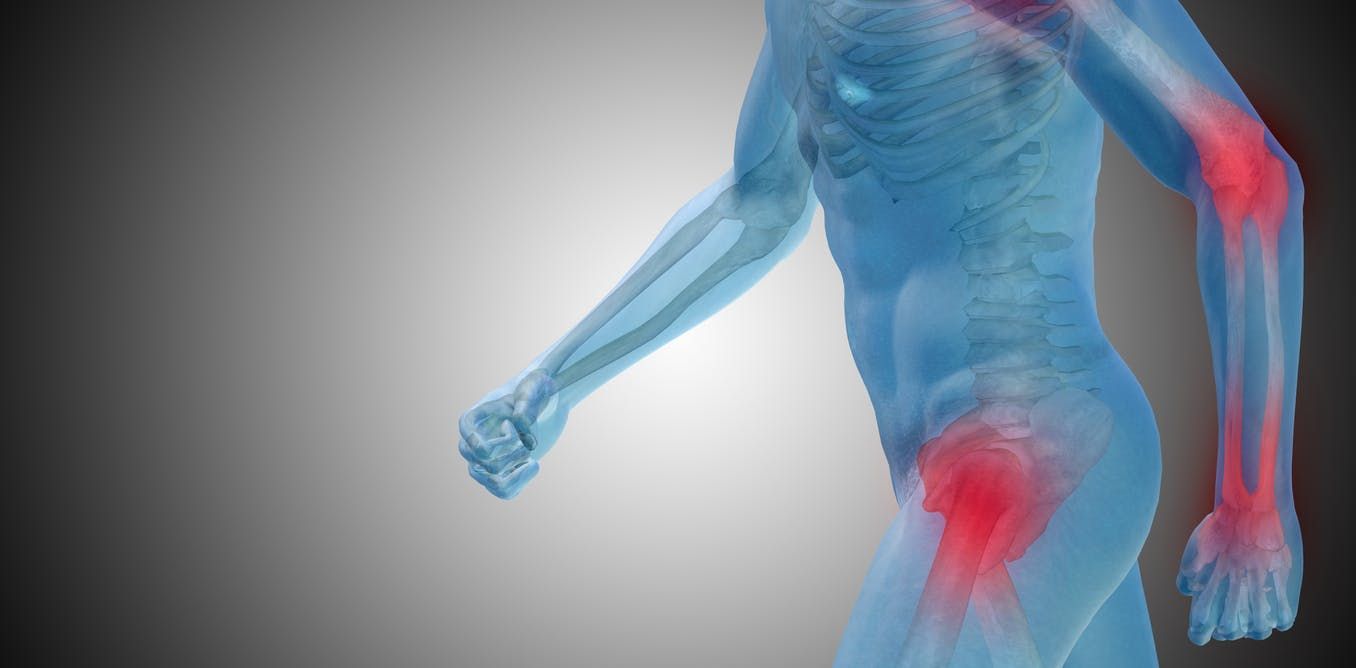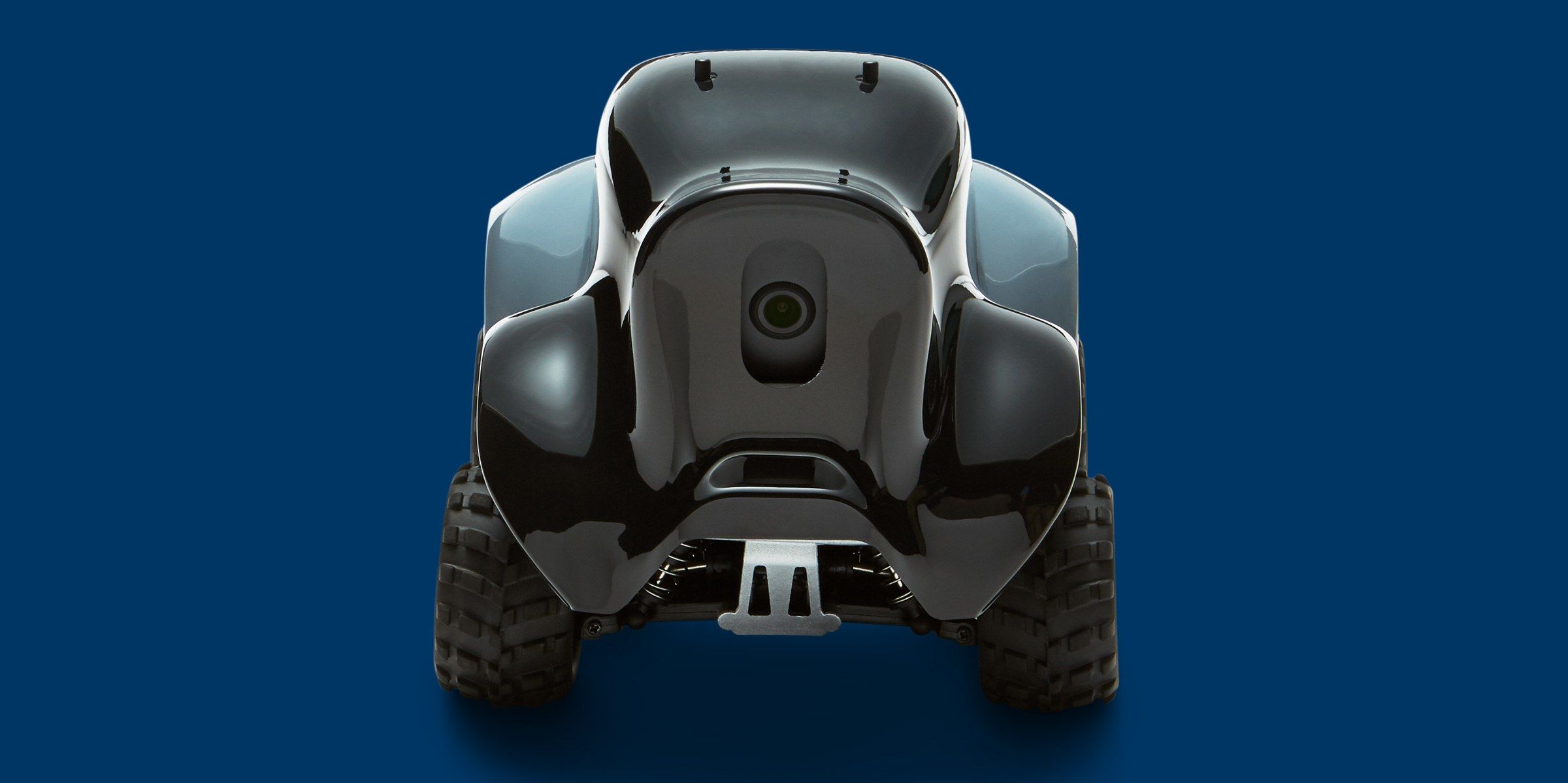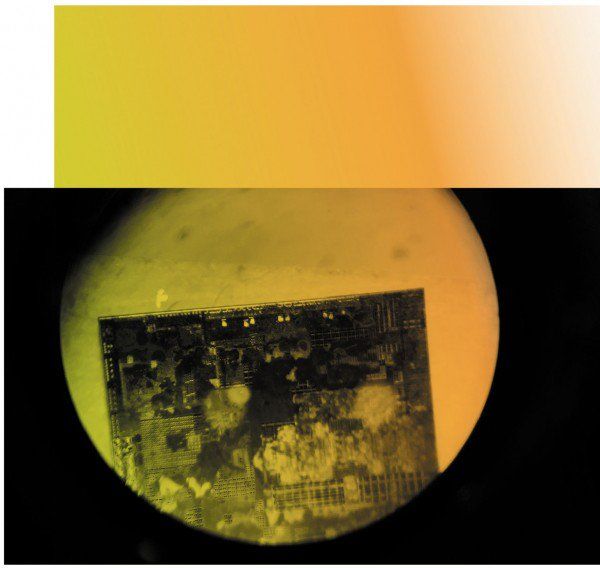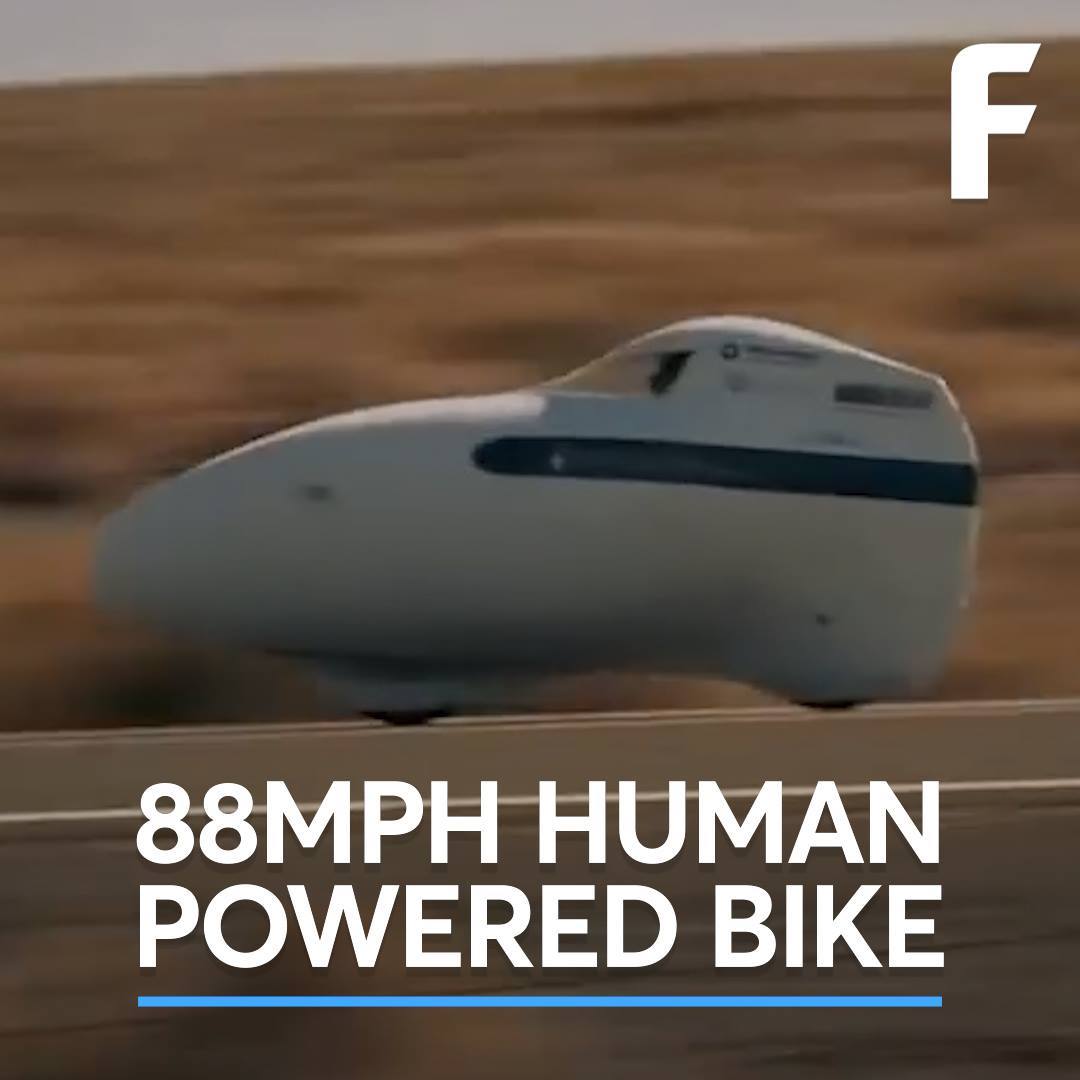Dec 16, 2018
Spacecraft may have found new evidence of ‘space wall’ on the edge of solar system
Posted by Genevieve Klien in category: particle physics
Nearly 100 times farther from the Sun than the Earth is, there’s a point where the charged particles from the Sun no longer reach into the uncharged particles of interstellar space, or the pockets of space that exist between the various star systems of the universe.
This point, known as a heliopause, marks the very edge of the solar system where human beings themselves live.
The heliopause border around the solar system was first “discovered” by scientists using NASA’s Voyager 1 and 2 spacecraft as far back as 30 years ago. But recently, a newer NASA spacecraft, the New Horizons space probe, has found actual evidence of that point in space.
